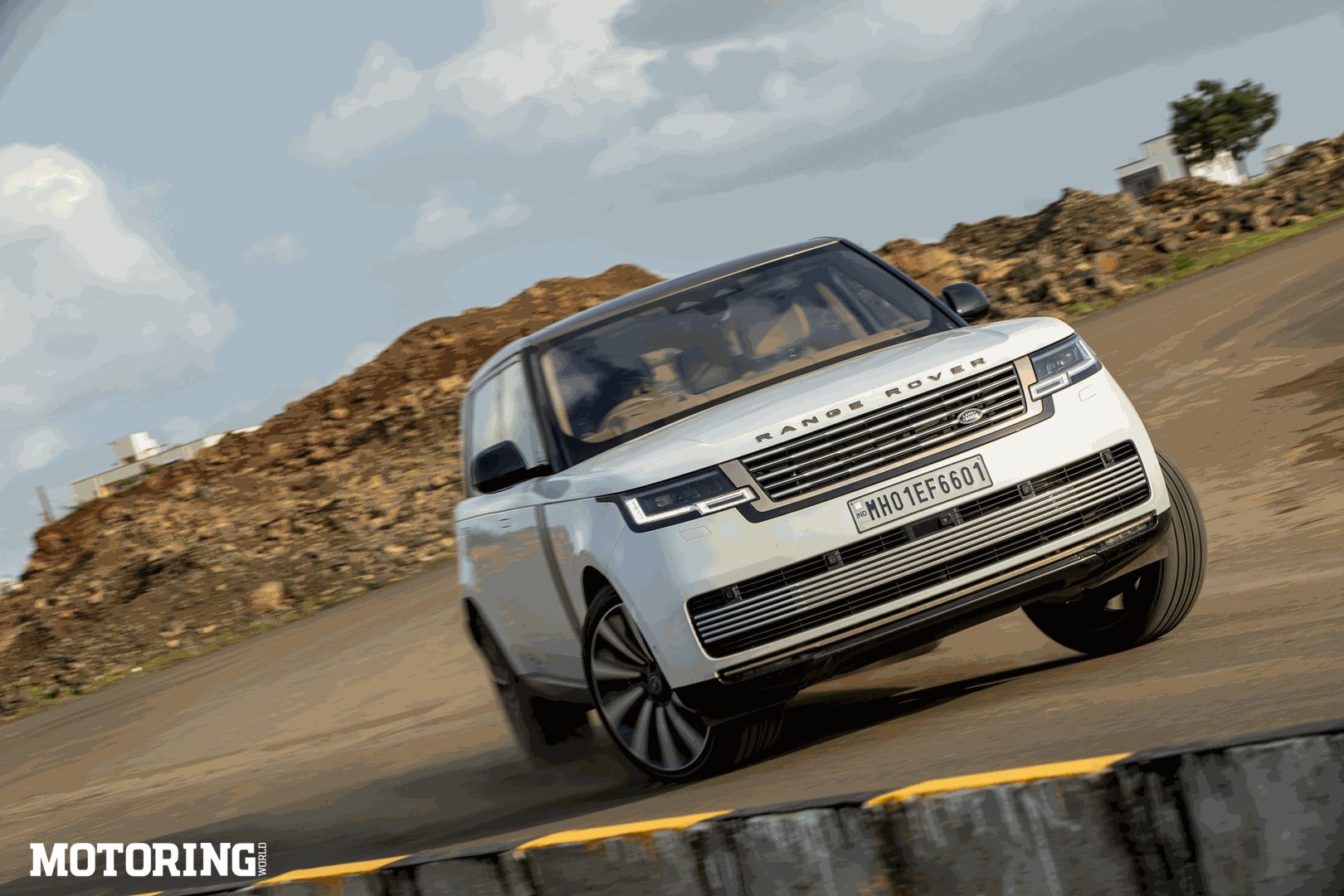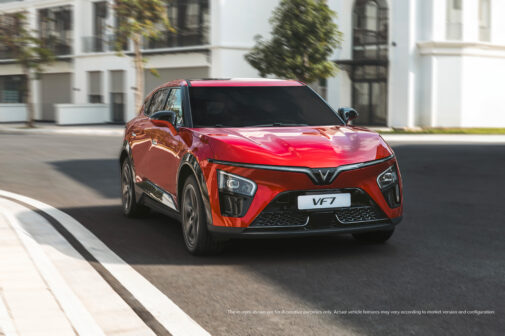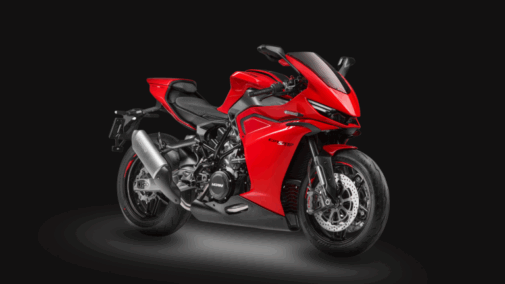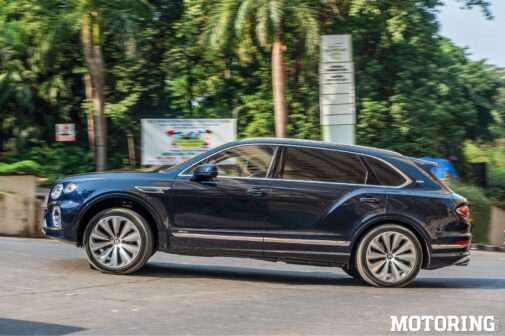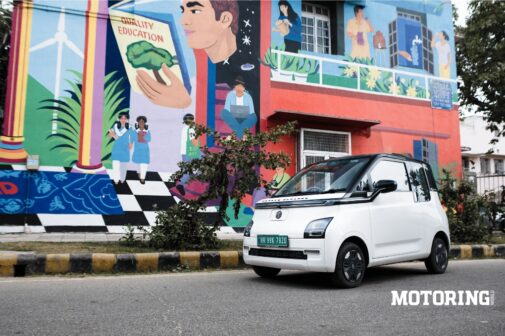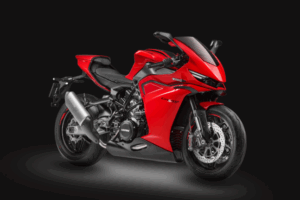India and the UK have finalised a Free Trade Agreement (FTA) that will significantly reduce import duties on British-made luxury vehicles, making high-end cars more accessible to Indian buyers. Under the new terms, large-engine petrol cars (above 3000cc) and diesel vehicles (above 2500cc) will see their import duties slashed from the current 110 per cent to 50 per cent in the first year of implementation. This reduction will continue progressively, reaching just 10 per cent by the fifth year. Similarly, mid-size vehicles (1500cc-3000cc petrol and 1500cc-2500cc diesel) will benefit from duty cuts starting at 66 per cent and gradually decreasing to 10 per cent over the same five-year period.
To manage this transition, the agreement includes a quota system that will initially allow 10,000 units of large-engine vehicles and 5,000 units of mid-size vehicles to enter India at these reduced rates. These quotas will expand annually before eventually stabilizing at lower levels to protect domestic manufacturers. Importantly, the deal specifically excludes mass-market vehicles priced below £40,000 (approximately ₹40 lakhs), ensuring India’s growing electric vehicle sector and mainstream automakers remain competitive.
For electric and hybrid vehicles, the agreement takes a more cautious approach. No duty reductions will apply during the first five years, giving India’s EV industry time to mature. Starting in the sixth year, luxury EVs priced between £40,000-£80,000 ( approx. Rs 40-80 lakhs) will see duties drop from 110 per cent to 50 per cent, while ultra-premium models above £80,000 ( approx. Rs 80 lakhs) will benefit from a reduction to 40 per cent. These concessions come with strict quotas, beginning with just 400 luxury EVs in the first year and gradually increasing to 2,000 units by year fifteen.
The deal particularly benefits British luxury brands like Jaguar Land Rover, Rolls-Royce, Bentley, and Aston Martin, which stand to gain significantly from improved market access. JLR, as the largest UK automaker in India, expects the reduced tariffs to boost sales of its British-built luxury vehicles in one of the world’s fastest-growing premium car markets.
On the flip side, Indian automakers will also gain advantages from this bilateral agreement. The UK has committed to reducing duties on Indian-made internal combustion engine vehicles while offering duty-free access for Indian-manufactured electric, hybrid, and hydrogen vehicles starting from the sixth year of the agreement. This reciprocal arrangement strengthens India’s position as an emerging hub for green vehicle production while providing new export opportunities for domestic manufacturers.
The carefully structured agreement represents a balanced approach, lowering prices for luxury car buyers while safeguarding India’s strategic automotive interests. By implementing gradual duty reductions and quota systems, the deal supports India’s ambitions to become a global EV leader while giving consumers access to a wider range of premium vehicles at more affordable prices. The phased implementation ensures both nations have time to adjust to the new trade environment, with particular protection for India’s crucial mass-market automotive segment.





